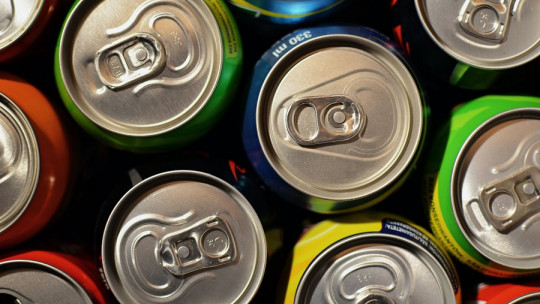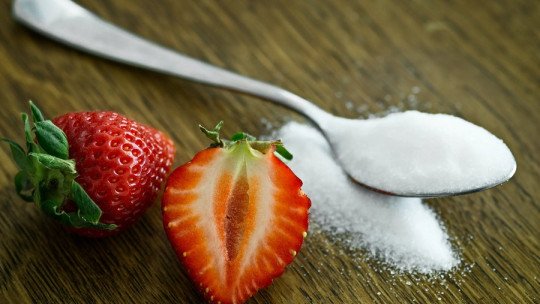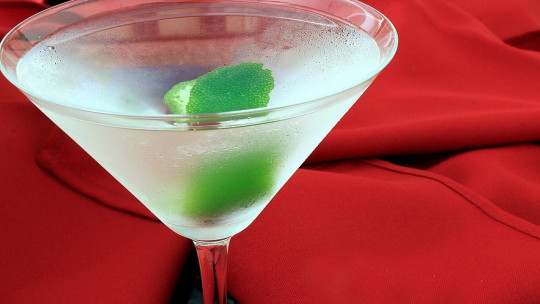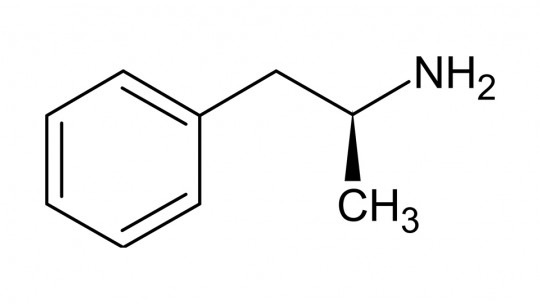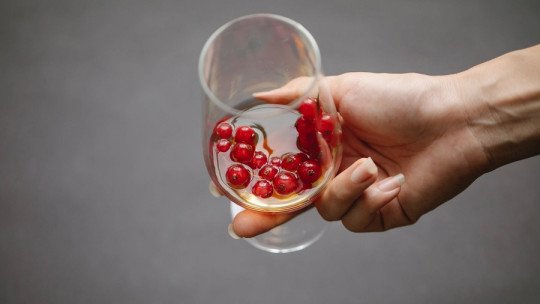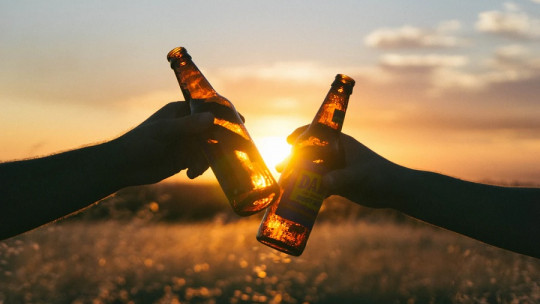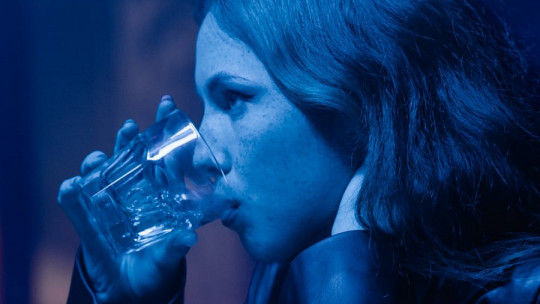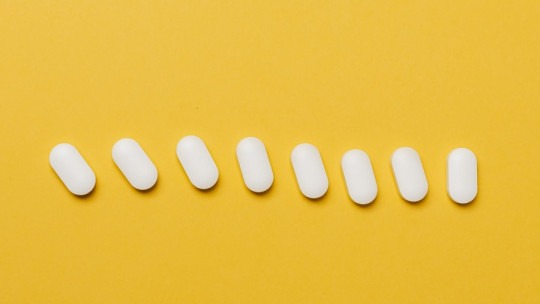Energy drinks have become, in a relatively short time, a true social phenomenon.
Nowadays, some brands of products of this type have powerful marketing campaigns and iconography that is part of popular culture, and are especially attractive to the young population.
But unfortunately, the use of these products carries a series of risks and harmful health effects to take into account. AND This set of risks includes those that have to do with the way energy drinks are used and the habits associated with them And the fact is that some people can generate a dependency relationship with them, which although it cannot be as powerful as that caused by hard drugs, it can be a problem.
Is it possible to develop an addiction to energy drinks?
We all know, even if only by hearsay, of the existence of addictions to illegal “hard drugs,” such as cocaine or heroin, as well as alcohol. However, problems based on dependency are not limited to the consumption of these substances: firstly, because addictions without substances also exist, as occurs with gambling; and secondly, because it is also possible to “get hooked” on other substances.
Energy drinks are an example of products whose consumption is very normalized and which, however, can give rise to a dependency problem because, among other things, they contain certain substances that interact directly with our brain.
For example, Taurine, widely used in popular energy drinks and which can be present at a rate of 1,000 or 2,000 milligrams per serving, crosses the blood-brain barrier (the “filter” that separates the brain from the substances that circulate through the blood vessels in it) and interacts with neurons, influencing psychological and physiological processes in various ways. Although this is a substance found in a large number of healthy foods, its high concentration in certain drinks is associated with significant health problems.
Something similar happens with caffeine It is a somewhat “natural” psychostimulant that, however, is incorporated in large quantities in many energy drinks, and also has effects on the human mind. Although in practice it is not possible to die from poisoning by this substance simply by obtaining it from drinks, it can lead to us internalizing dysfunctional behavioral patterns in our relationship with these products and their use.
It must be taken into account that these molecules do not have the capacity to generate “chemical addictions” that substances such as codeine or nicotine do have. This means that when consuming energy drinks, their elements that interact with the brain do not cause the neurons to begin to function in a way that leads us to need increasing amounts of these substances to not feel very bad.
That is why technically, the tendency to constantly want to consume energy drinks is not, technically, an addiction, but rather a problem of dependency in which the neurological plays a role, but is less relevant than the psychological. That is to say, by “getting hooked” on these drinks we are internalizing a series of behavior patterns and habits that lead us to not want to get rid of them (and the consumption of drinks to which they are associated) and in which it has to do with how we It makes you feel like drinking those soft drinks, but our brain does not undergo a radical transformation after relatively few drinks, as occurs in chemical addictions.
@professional(2052778, “Are you looking for addiction therapy services?”)
How is dependence on these types of drinks expressed?
These are some of the ways in which being “hooked” on energy drinks can manifest itself.
1. A dependence as a ritual
Some people develop a kind of superstition with energy drinks: They feel bad if they can’t count on them since they are supposed to give them an “extra” in the face of day-to-day challenges (or so they believe).
2. A way to manage anxiety and general discomfort
Some people turn to these drinks when they feel stressed or anxious, because They associate its taste with the breaks they take to rest, and at the same time it gives them an excuse to stop exposing themselves to or focusing on what makes them feel bad : It is a method of evasion from reality.
3. The pressure of context
We must not forget that many times dependency and addiction problems have a good part of their causes in the social context to which the person is exposed If we are used to socializing with people who spend a lot of time drinking, the simple fact of not having a can or a drink in our hands in situations like this can cause discomfort.
Are you looking for addiction therapy?
If you are looking for a team of professionals who offer treatment to overcome addictions with all the guarantees, contact us. In CITA Clinics We specialize in medical and psychotherapeutic assistance services for people suffering from dependency problems due to addictions, with or without substances. In addition, we offer the possibility of entering our fully equipped residential module, located in a natural environment in the Barcelona area.

